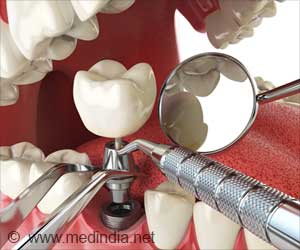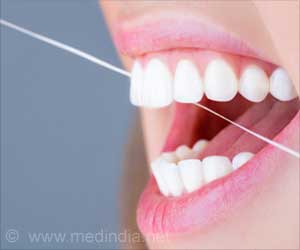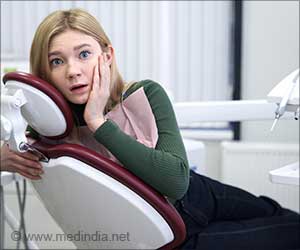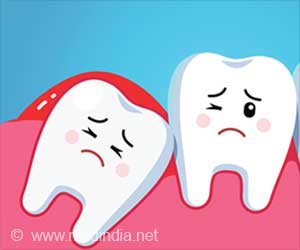Periodontal pockets containing specific bacteria and combinations of bacteria could explain the relationship between periodontal disease and acute coronary syndrome.
Periodontal pockets containing specific bacteria and combinations of bacteria could explain the relationship between periodontal disease and acute coronary syndrome (ACS), according to a new study published in the Journal of Periodontology.
The amount of oral bacteria was two times higher in the ACS group for the combination of the bacteria streptococci spp, P. gingivalis, T. forsythia and T. denticola. Specifically, the findings suggest that T. denticola, T. forsythia and streptococci spp are bacteria in a shared infectious etiology for periodontitis and ACS."This might be one of several explanations as to why elevated bacteria and the combination of specific pathogens in periodontal pockets can be linked to a history of ACS," said Stefan Renvert, DDS, PhD and Department of Health Sciences, Kristianstad University. "We also found that the amount of periodontal bacteria results in an inflammatory response that elevates the white blood cell counts and high sensitivity C-reactive protein levels, which has also been linked in past studies to heart disease."
It was also found that the extent of alveolar bone loss was significantly greater among subjects with ACS. Seventy-seven percent of the participants in the ACS group and 42 percent in the control group demonstrated evidence of periodontitis. The extent of bone loss was more severe in the ACS group than in the non-ACS group.
Another reason people diagnosed with ACS may have higher oral bacteria could be due to their infectious susceptibility and lack of an adequate host inflammatory response, which may induce other systemic vascular effects participating in the onset of ACS.
"Although this study supports past findings, further research is needed to evaluate the effects of reducing specific bacteria such as T. forsythia and T. denticola on reducing the risk for ACS," said Kenneth A. Krebs, DMD and AAP president. "This data highlights the importance of routine periodontal examinations and at-home dental care."
(Source: Eurekalert)











